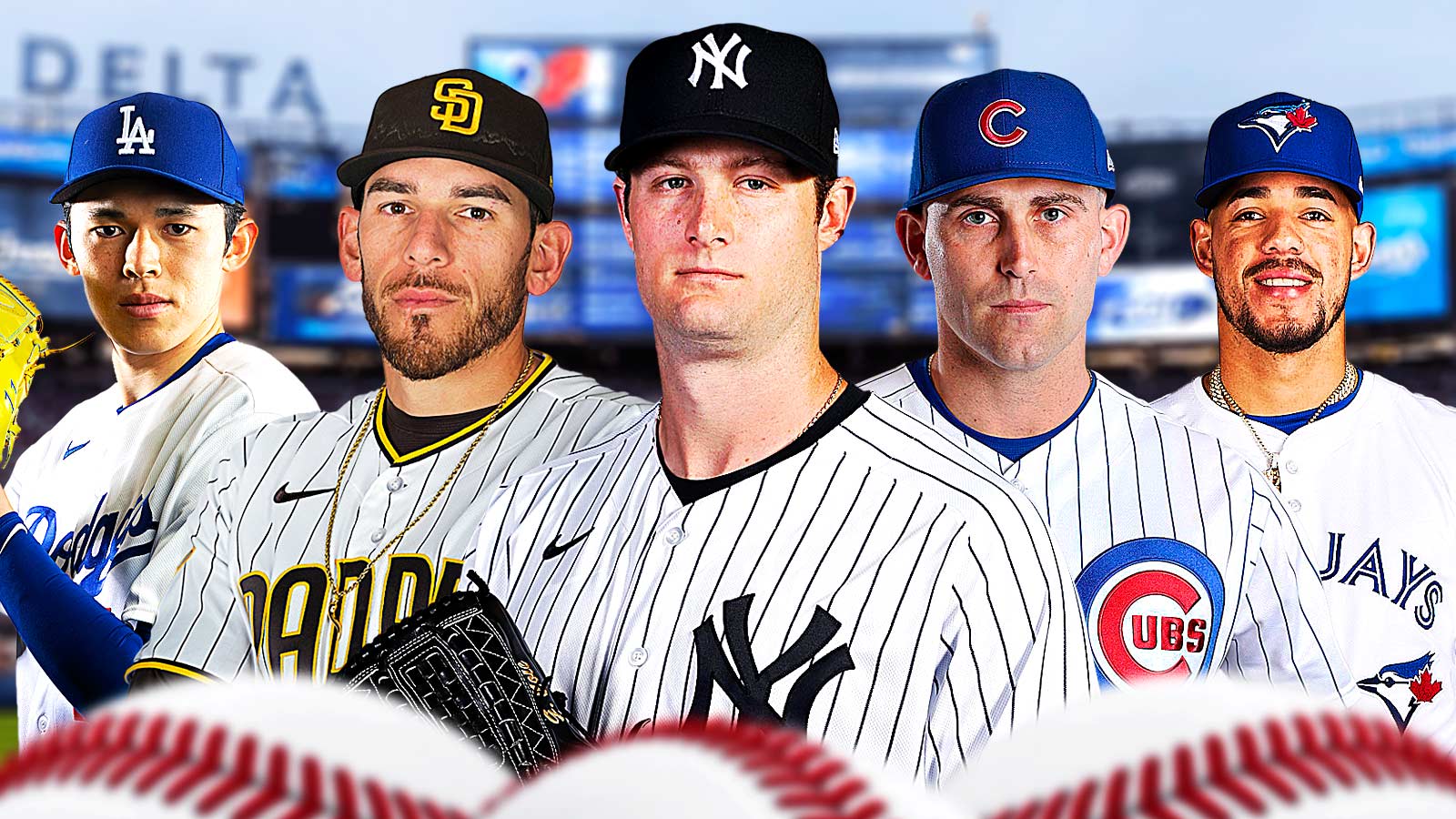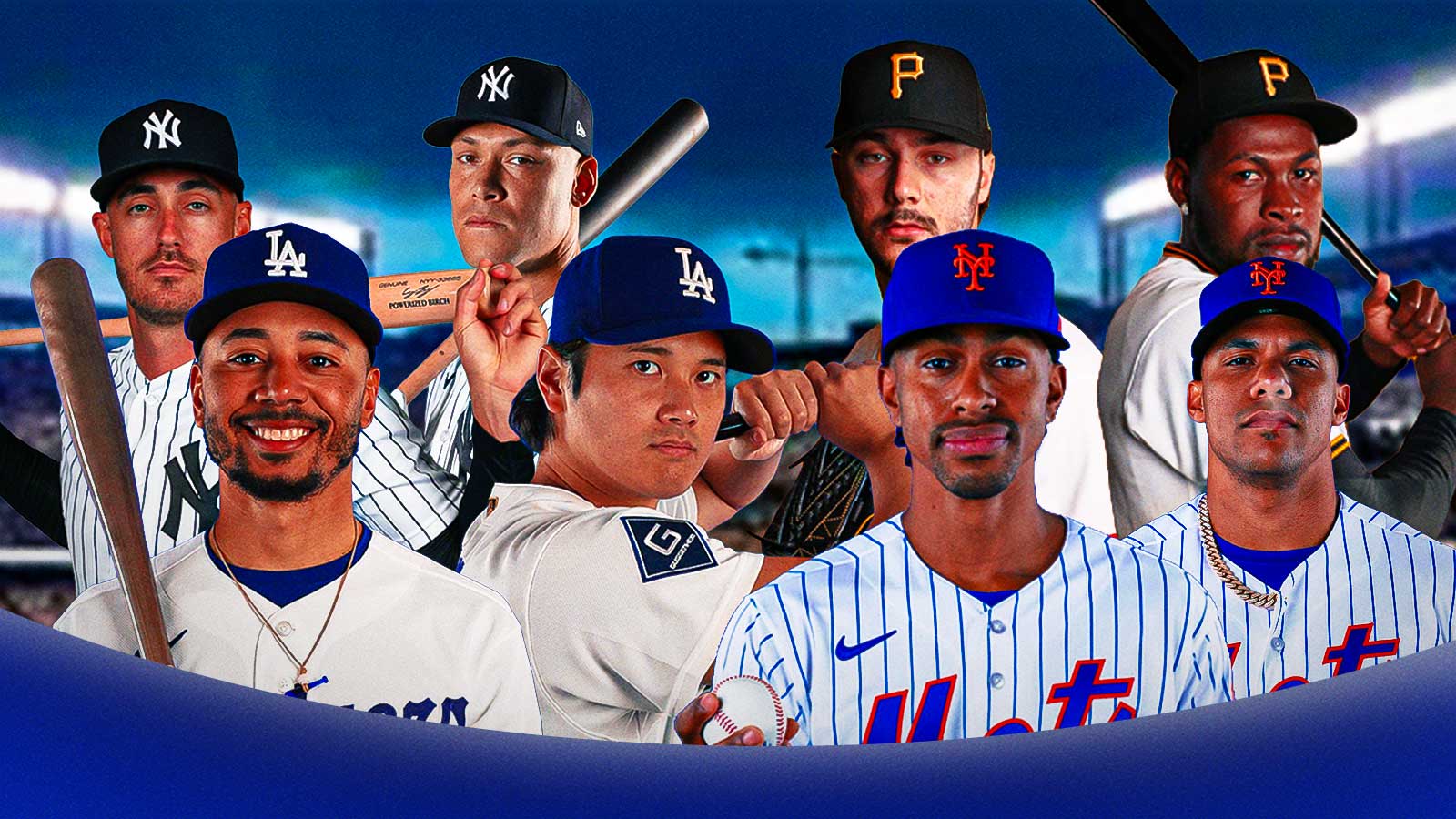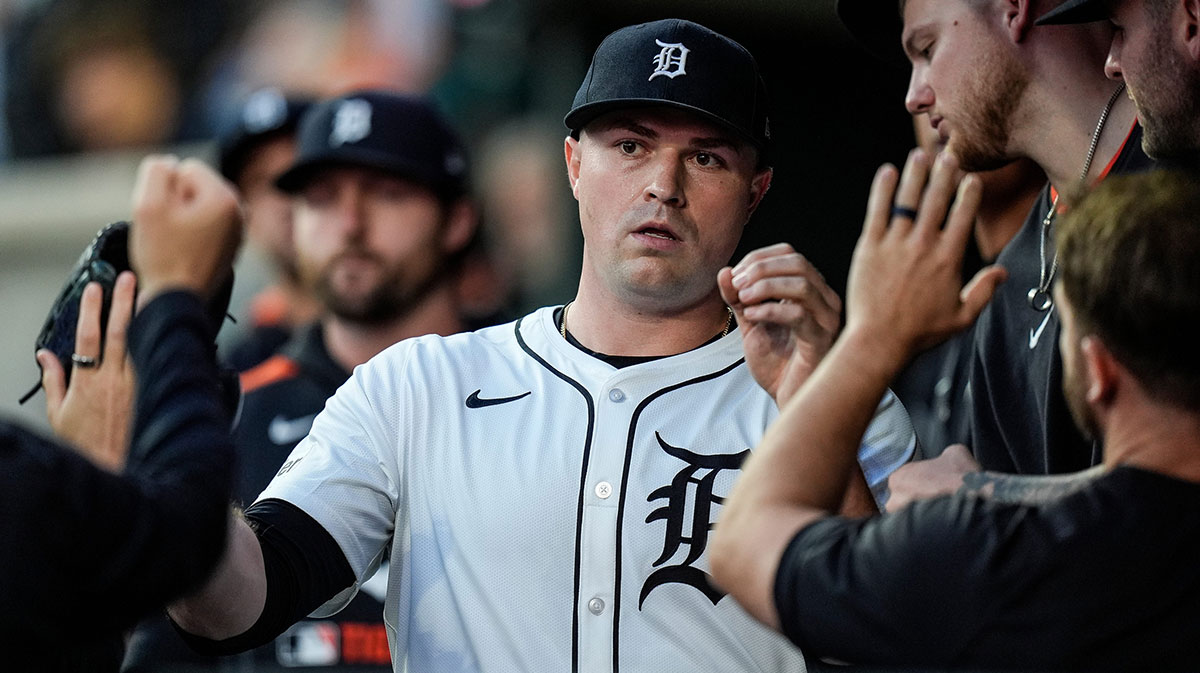The MLB passed some huge rule changes to the game of baseball that will begin to be enforced next year during the 2023 season. These changes are designed to improve the overall quality of the MLB product of baseball, and help increase fans engagement in the games. Among one of the more prominent changes announced was the implementation of a pitch clock.
The pitch clock has been discussed as a potential addition to the game for years now. Pitchers often drag games out by taking their time on the mound, and it results in many fans getting bored with how long games take. This rule change will speed the game up significantly by forcing not just pitchers, but batters as well, to take up less time in between pitches.
Public opinion on these changes seems to be divided. Some are excited, believing that these changes will increase the action in MLB games and make them more entertaining in a shorter period of time. Others believe they destroy the integrity of the game. Let's take a closer look at the pitch clock rule, and look at three reasons why this is the right move for the MLB.
3. The MLB pitch clock rule impacts both pitchers and batters
As previously mentioned, the initial reaction from many was that this rule would impact just pitchers. By forcing them to significantly speed up their process in-between pitches, it would seem to give batters a significant advantage. But the nitty-gritty of the rule impacts both pitchers and batters, and punishes them if they don't comply with the rule.
Pitchers get a 30-second time limit between batters, a 20-second time limit between pitches when runners are on base, and a 15-second limit when the bases are empty. But the batter also is going to have to be in the batter's box and ready to hit by the time the clock hits eight seconds. If they aren't they will get a strike tacked onto their count, while a pitcher or catcher's lack of readiness will result in a ball being added to the count.
It would be one thing if this rule only made pitchers' lives more difficult, but that isn't the case. Both the batter and pitcher will be impacted by this rule, and it will result in an league-wide adaptation to the rule. This will help keep the balance of the game neutral between both pitchers and batters, which is crucial to keeping the game of baseball intact.
2. The MLB pitch clock rule will keep fans engaged
It's clear that interest in the MLB has been decreasing over the past decade or so due to a number of different variables. The pitch clock is designed to keep fans more interested in the game each night, which is what the league has been aiming to do with their new rule changes.
There are sometimes instances where innings drag on for 30 or 40 minutes because a team gets to an opposing pitcher. But a big reason the inning takes so long is because the pitcher drags things out. Whether it be pick-offs, stepping off the mound, running through pitch options multiple times, or whatever else you can think of, pitchers were a big reason these never-ending innings took place.
That won't be the case anymore. The pitch clock not only implements a timer, but it limits the amount of disengagements pitchers can use for each at-bat. This force them to take up less time between pitches, while also making them think twice about these other ways they can delay the game. The quicker pitches are being thrown, the less time fans have to become disengaged from the game, and that's a big positive for the MLB.
1. The MLB pitch clock rule will speed up MLB games
Easily the biggest positive that comes with this move is that MLB games will now be sped up. With the pitch clock rule being implemented in the minors, games have been consistently clocking in at less than two hours and 30 minutes, which is the MLB's desired length of a game. Again, this will help keep fans interested in the MLB for the long haul.
It's becoming increasingly difficult for fans to get fully invested in MLB seasons considering the length of not just the season, but the games as well. When you play three hour games 162 times a season, it's tough for casual MLB fans to stay connected to the league. Reducing the time by 30 minutes to two hours and 30 minutes isn't going to change things for everyone, but it will make a huge difference in the overall landscape of the league.
The stigma surrounding baseball has become that the games are too long and too boring. The implementation of a pitch clock is designed to destroy that stigma, and that's why this rule change is the right move for the MLB. There may be some push back from players, but over time, this rule change will end up having a bigger positive impact on the league than many folks think it will.




















